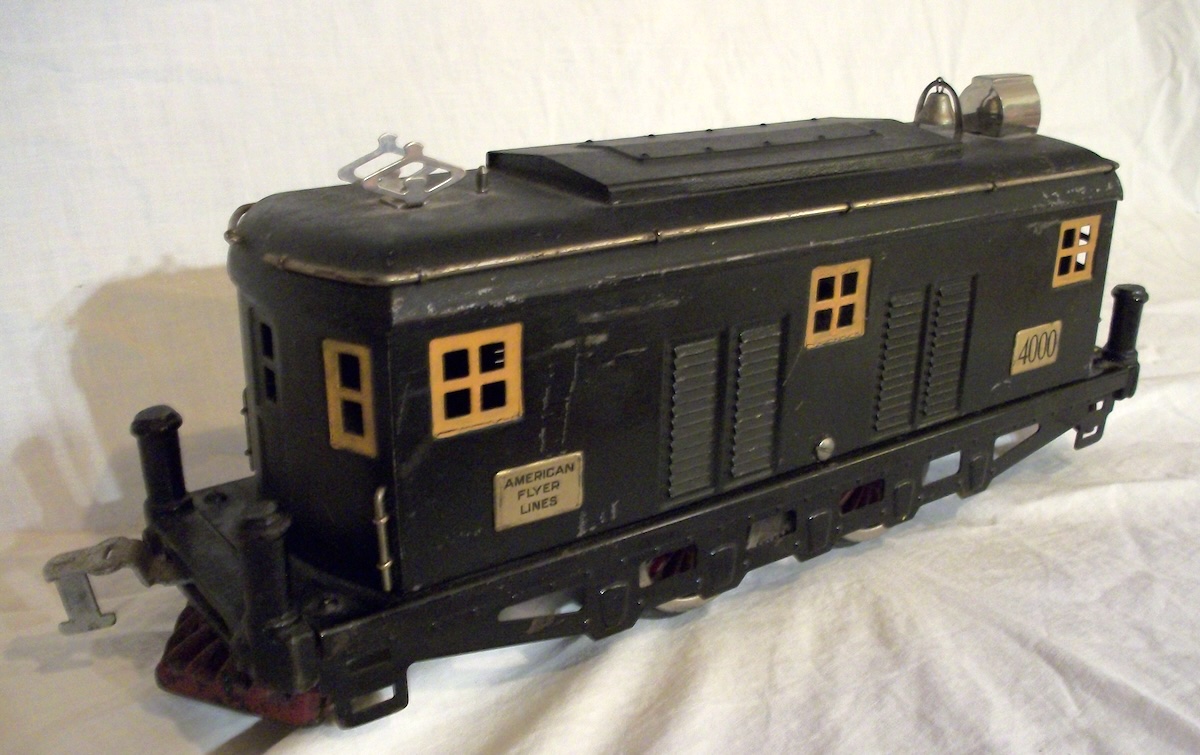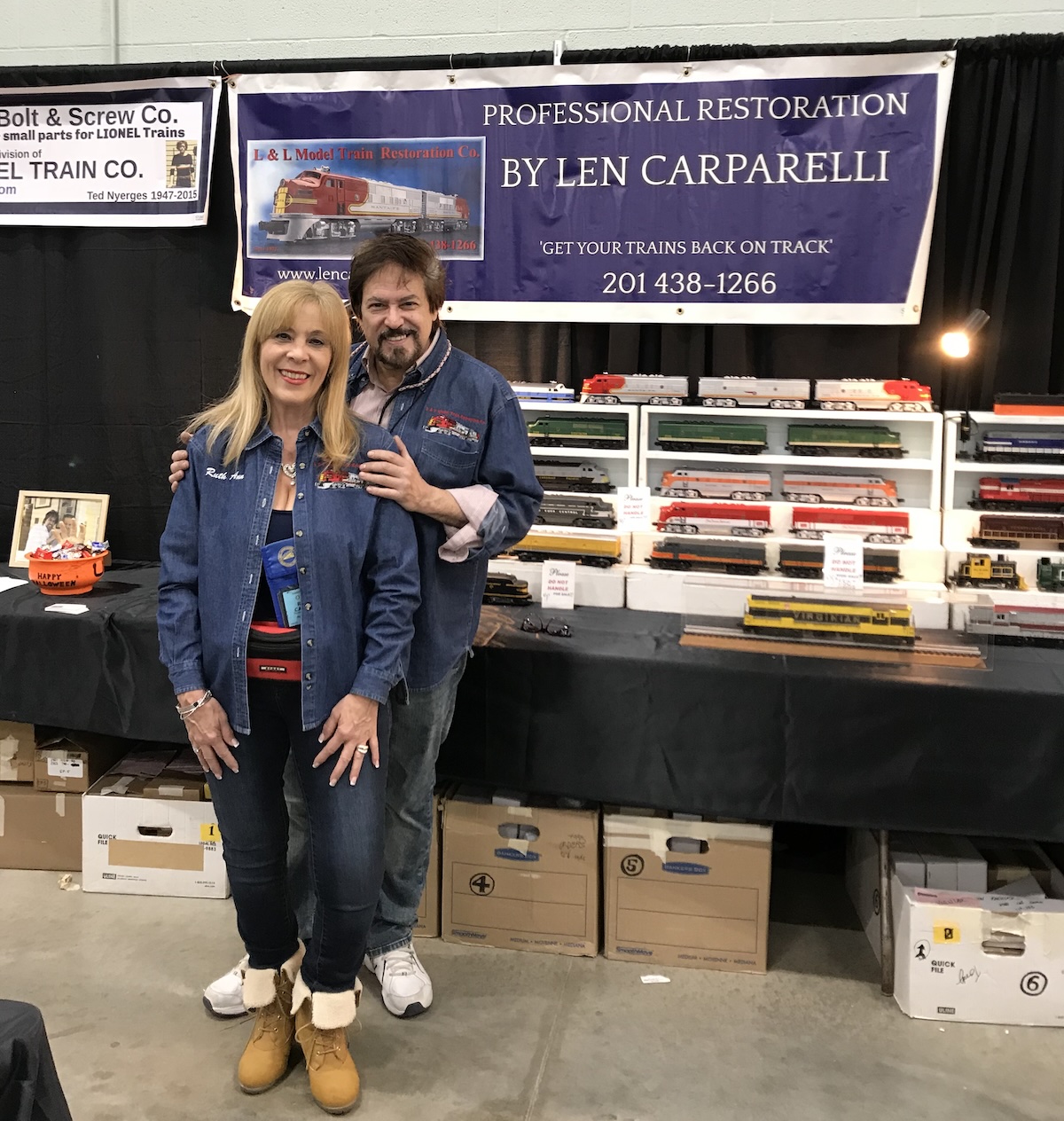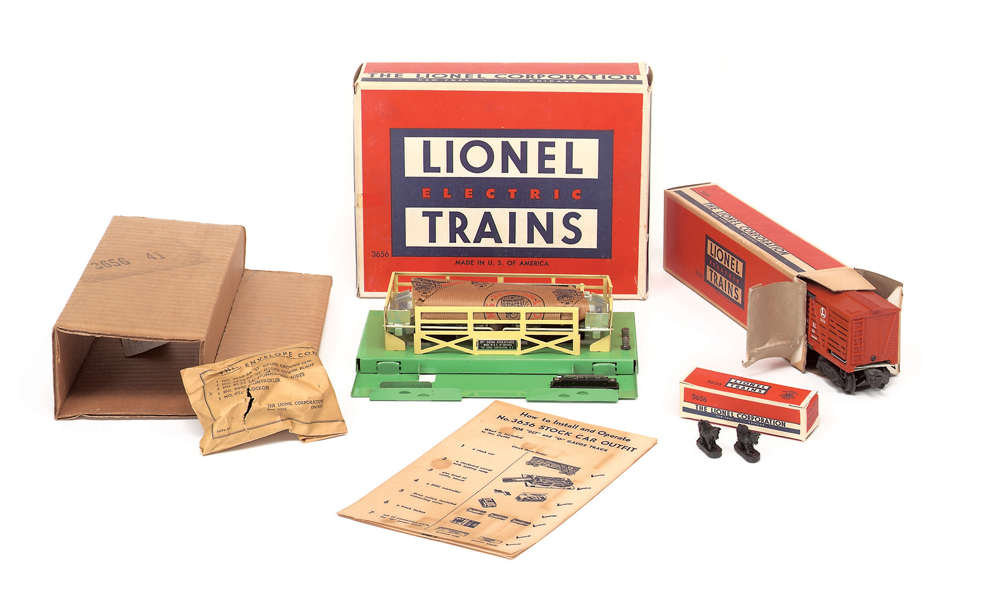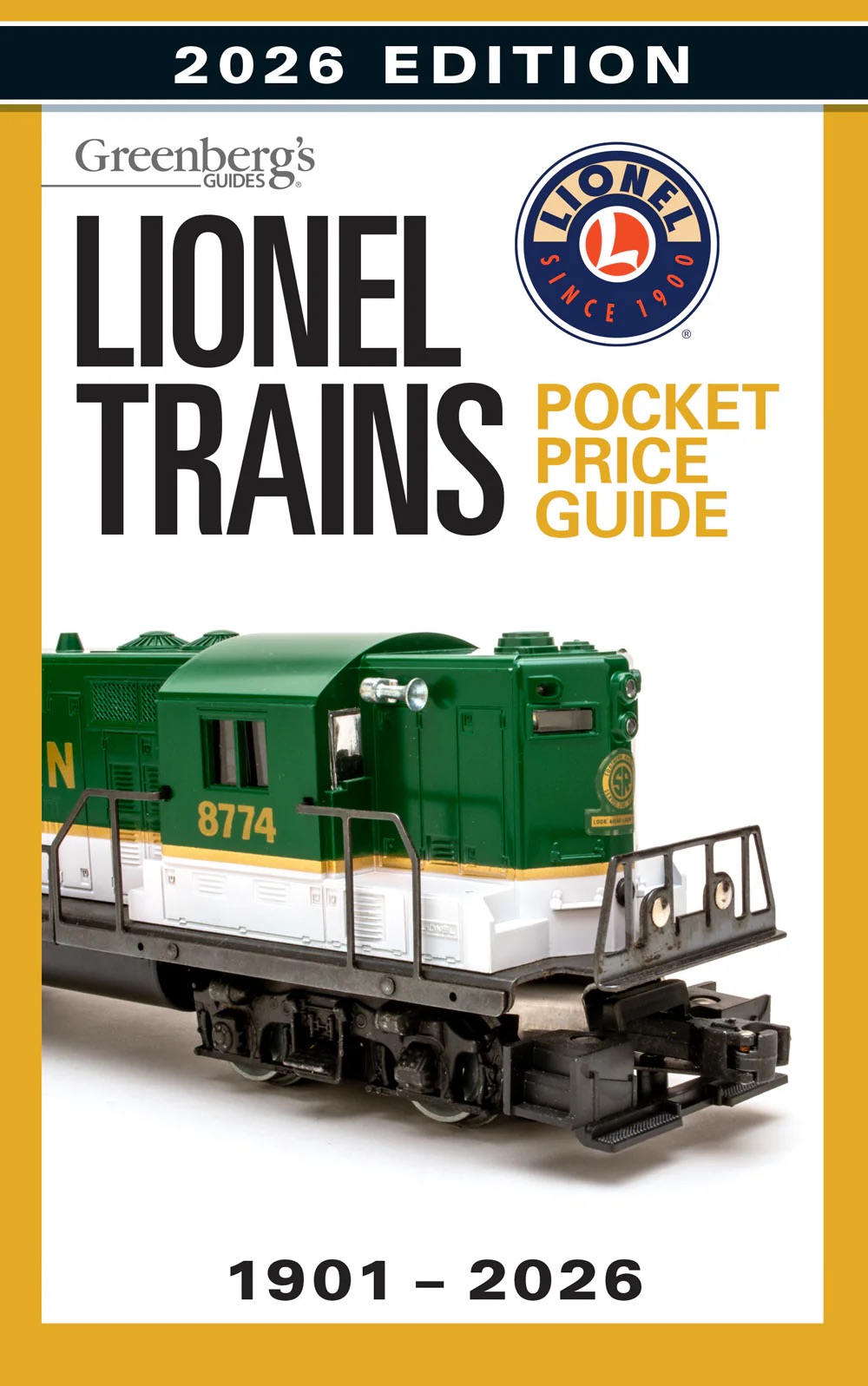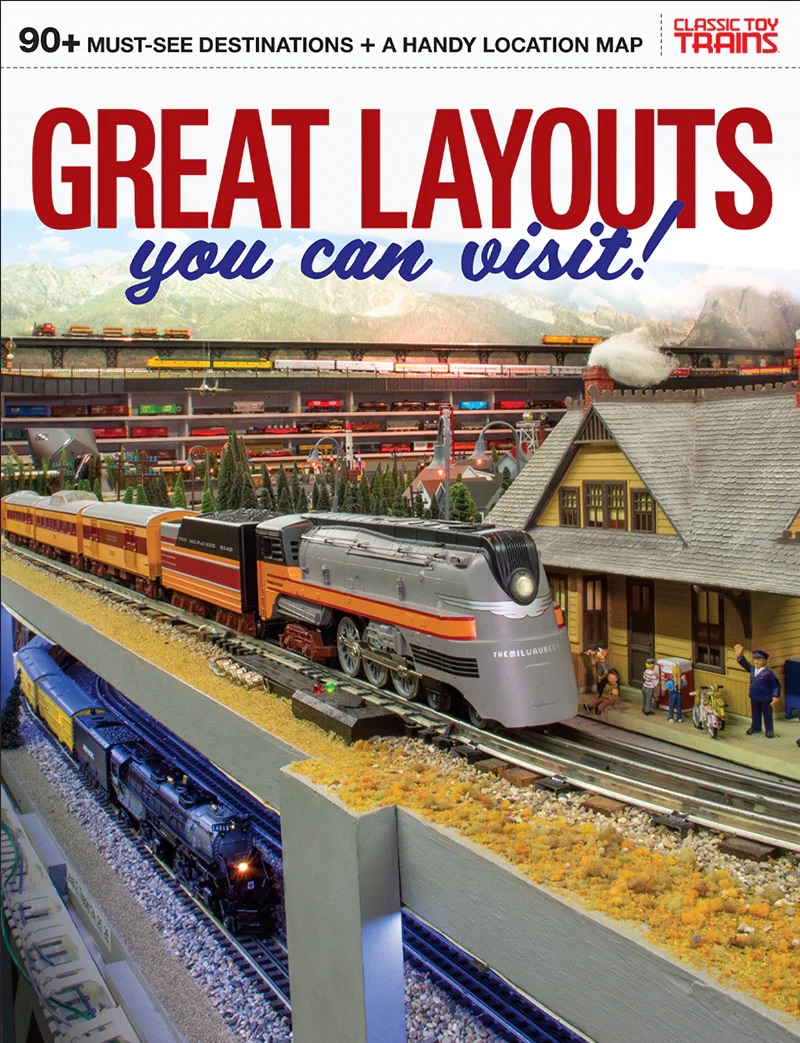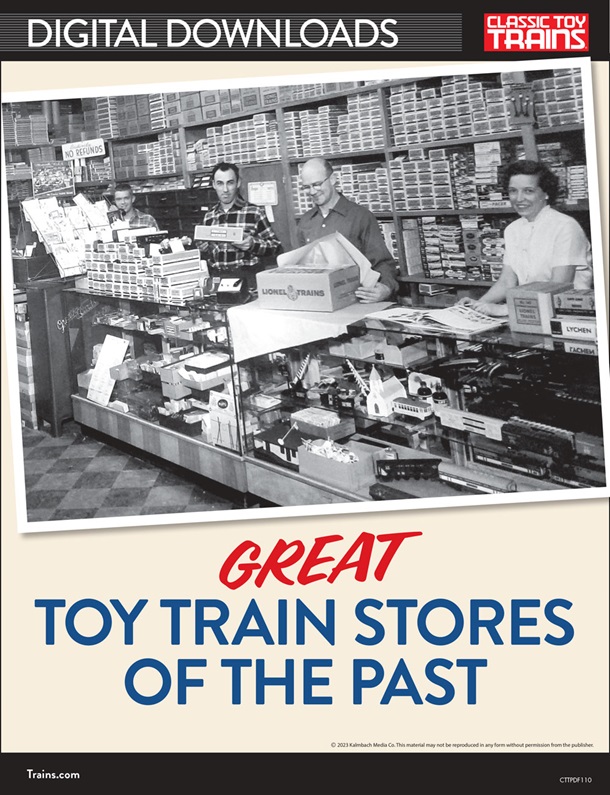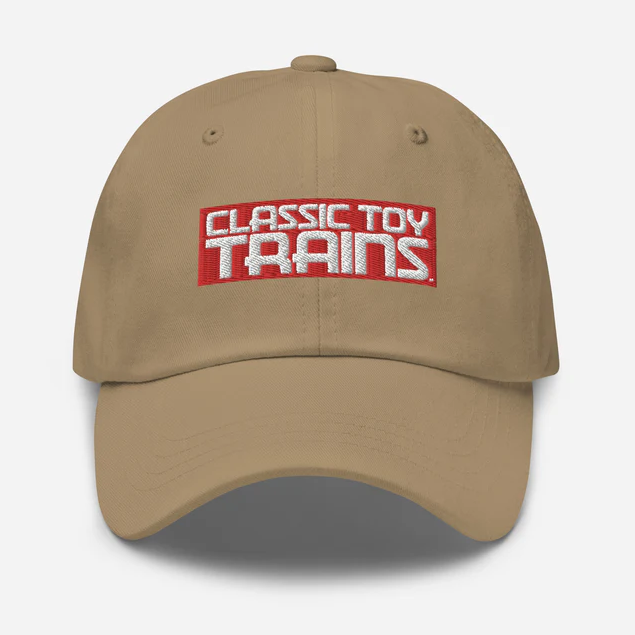The idea of a custom run product — a manufacturer creating a special item for a retailer not sold in its catalog — is nothing new. Custom toy train products have existed for more than 100 years.
“Custom run cars filled a gap in the market,” said Contributing Editor Bob Keller. “Manufacturers generally [produced products with graphics for] the major railways, but smaller railroads tended to be overlooked. A hobby shop with a broad customer base or a large club could order a run of a less common road name and sell out.”
It’s also not newsworthy that some manufacturers gauge product interest by soliciting preorders from customers. If a threshold of orders isn’t received, the products aren’t produced.
But in recent years there’s been a shift in how — or what — manufacturers choose to produce. While there are still many standard catalog items, others are smaller custom runs. The market has also expanded to include more than just large hobby shops or clubs producing the products. Railroad tourist sites, smaller clubs, and even non-railroad businesses can offer runs of custom products.
Manufacturers like MTH now sell a significant amount of their products as custom runs, according to a recent Trains.com interview with Rich Foster and Bradley Deleon. Lionel also offers both “built to order” (BTO) and personalized products, meaning that the products aren’t manufactured until after a customer places an order.
What does this mean for manufacturers and hobbyists? Let’s take a look at the past, present, and future of custom runs.
History of custom runs
As early as 1913, Lionel developed a Standard gauge outfit for department store Montgomery Wards that differed from those offered in their catalogs. Between 1926 and 1932, Lionel sold unique Standard gauge and O gauge outfits for R.H. Macy & Company department stores. The so-called “Macy Specials” have become some of the most celebrated prewar custom run products.
In the modern era, Lionel Trains, operating as Model Products Corporation (MPC) under General Mills ownership, produced the first custom product in 1970. According to MPC expert Brendon Deatrich, the first product was boxcar No. 6464-1970, made for the Train Collectors Association (TCA). That same year Lionel made the No. 6446-25 N&W blue hoppers as a test, and they all ended up with Lionel dealer Glen Uhl for his Akron, Ohio, store.
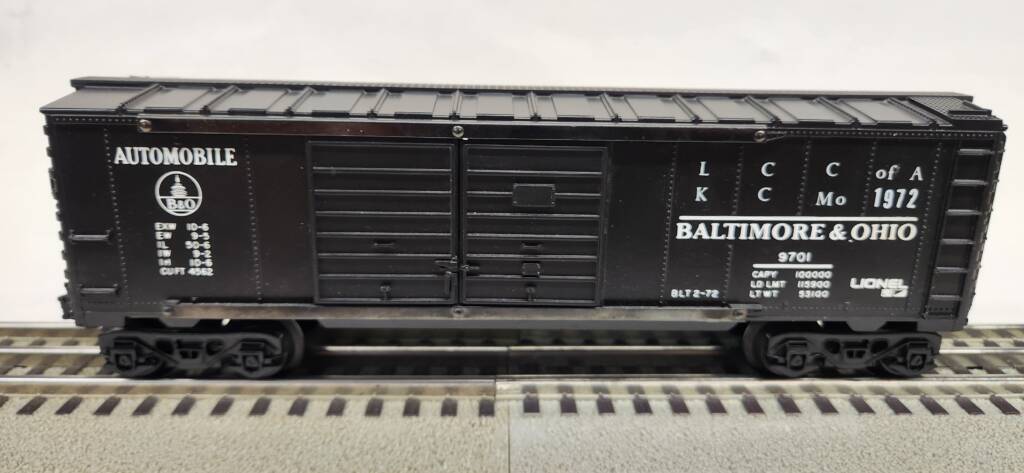
The Lionel Collectors Club of America (LCCA) has offered custom products every year since the early 1970s. Bill Schmeelk, LCCA club director, says the 1972 No. 6-9701 Automobile Boxcar was a bit of a “hybrid” custom car made for the National Convention in Kansas City, Mo. “To the best of my knowledge, the B&O convention car was purchased from [existing] Lionel stock. The club then crudely stamped them with LCCA identification.”
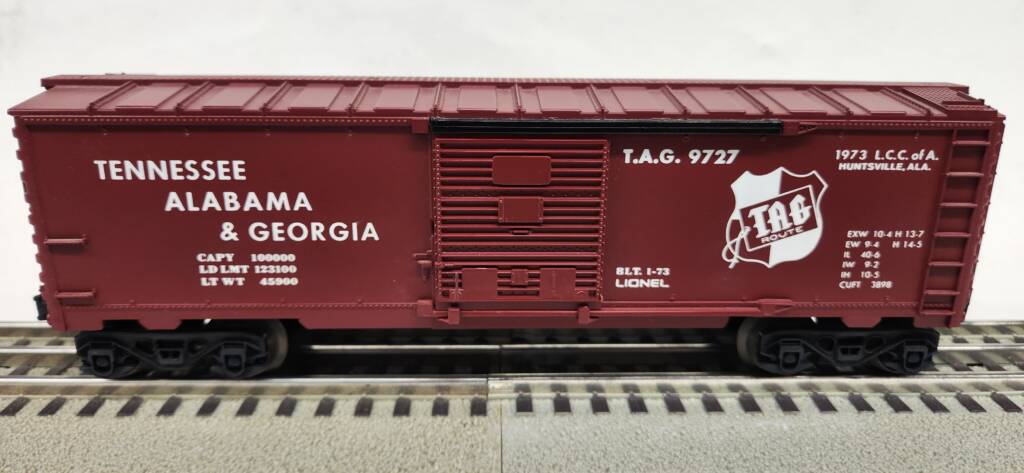
The Lionel No. 6-9727, made for the 1973 National Convention in Huntsville, Ala., was the first car made “especially for the club, a TAG (Tennessee, Alabama & Georgia) [box]car. The club information on the sides of the car was applied by Lionel. The club may have added something on the bottom of the metal frame, but all the graphics on the car shell were applied by Lionel,” said Schmeelk.
How a custom run gets made
Rich Foster, vice president of sales at MTH Trains, explains how a product can be produced. In one case, a manufacturer may decide to make a certain product.
“Let’s say MTH announces an run of a diesel or freight car in our weekly e-newsletter. We often get contacted by dealers or clubs, asking to have a limited number of that item painted in a roadname that often has local appeal to their customer base.”
In other cases, clubs or organizations will reach out to a manufacturer with a specific request. “We’ll get inquiries from dealers or clubs about a product we haven’t promoted lately. They’ll ask us, ‘When you run X, Y, or Z again, can we jump in on a custom run of this?’” Foster said.
Foster works with the organization to develop artwork, color schemes, and designs for the product. It’s a lot of work, but ultimately a rewarding process. “The custom run thing has taken on a life of its own,” said Foster. “It takes a lot of time, but it’s really satisfying.”
It’s not just clubs and hobby shops who can order custom items. MTH is willing to work with any organization to create a product. “We have smaller run [quantities] available, and it allows a lot of businesses to order a product. [For instance,] we have a small bakery that does custom runs,” said MTH’s Bradley Deleon.
Selling custom products has changed the way MTH does business. “Probably 30% of our business is custom runs, and on certain offerings, it might be over 50%. I think it’s a real good thing,” said Foster.
Selling shorter runs of custom products, especially when combined in several batches from other organizations, allows manufacturers like MTH to be more nimble and flexible with product releases.
“In the old days, the manufacturers put out two catalogs a year, so the custom run activity was very focused. Everybody else [who produces custom runs] is doing announcements monthly and in some cases weekly,” Foster said.
Custom runs are big business
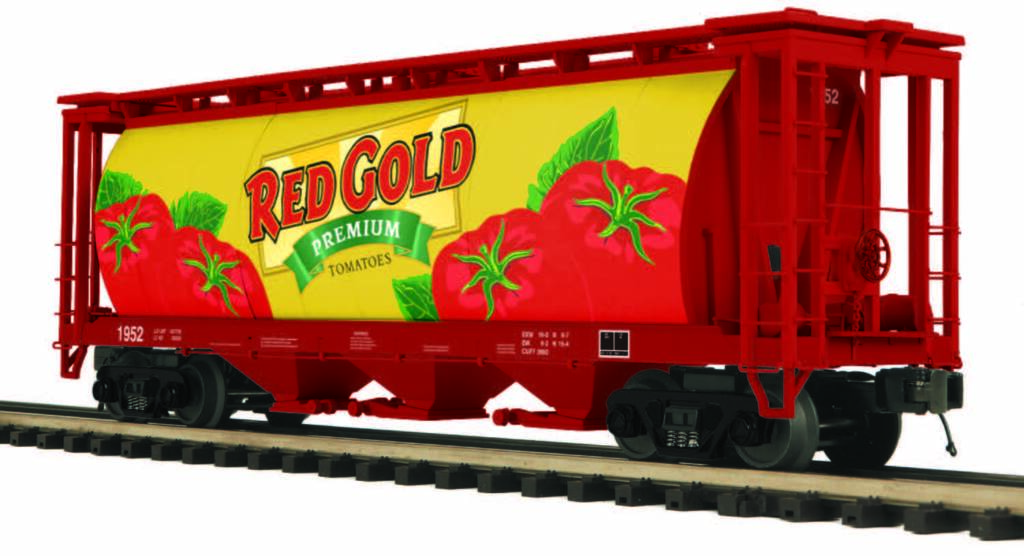
Stephen Nelson, owner of Mr. Muffin’s Trains in Indiana, has made custom runs a significant part of his business. He started offering custom run items in 2014, and now offers 10 to 20 products per year from Atlas, Lionel, and MTH.
Given that Nelson’s business is located in Indiana, he has a lot of Monon fans. Not long after the shop opened, Nelson called MTH with a request. “You don’t make much stuff in Monon, and I’ve got a lot of Monon customers. What about making some [products] just for me and them,” said Nelson.
Nelson and MTH worked together to create the passenger train set, Thoroughbred, that ran from Chicago to Louisville. “MTH did a lot of work to get the artwork correct. We sold 110 preorders, with David Letterman buying two. That was a real success,” said Nelson.
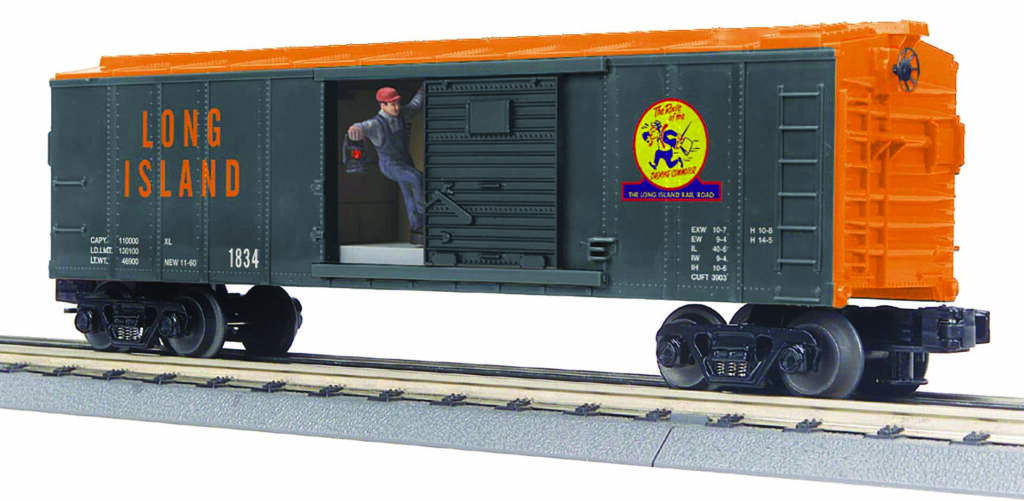
Some retailers, like Grzyboski’s Train Store, have added a “custom run” tab on their website. Customers can easily find the special products from Lionel and MTH. Trainworld has a similar tab called “Trainworld exclusives,” listing locomotives, rolling stock, structures, and die-cast vehicles — more than 100 products were listed on Trainworld’s website in mid November 2025.
Print-on-demand products
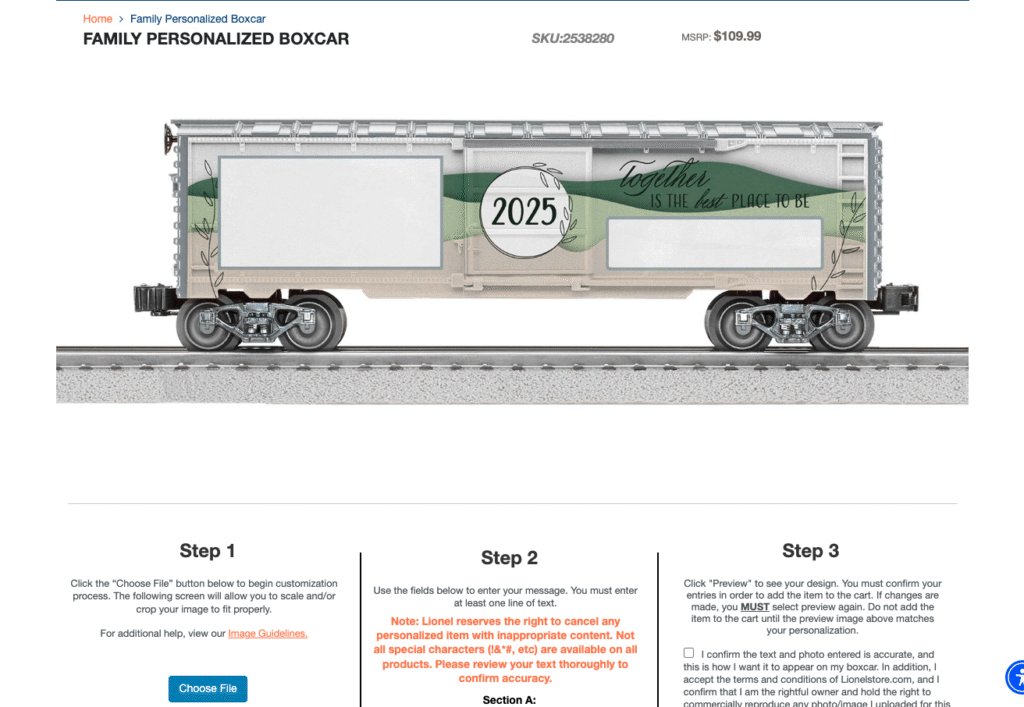
In 2012, Lionel started offering personalized products. “Someone has the ability to go online and select a product, upload a photo and a sentiment, and create that product as either a memory or a gift item,” said CEO Howard Hitchcock.
This one-of-a-kind product is printed in-house at Lionel’s headquarters, and arrives approximately three to four weeks after placing the order. Lionel uses the same technology to produce custom product runs for clubs and organizations.
Collector Mark Stephens (see the Fall 2025 CTT) ordered boxcars for Senior Editor Roger Carp and photographer Dennis Brennan.
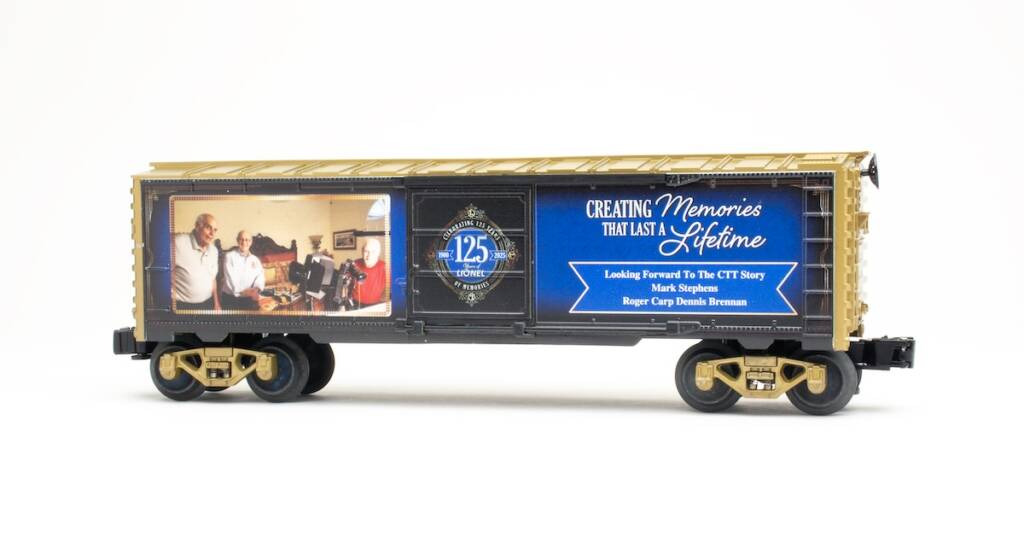
“I was so amazed and surprised,” said Carp. “I had no idea you could create such a product.” As Howard Hitchcock said in an interview with CTT, the gift certainly “commemorated a [special] moment” for Carp and Brennan.
Looking to the future
The future of custom run products appears to be stable. Retailers like Grzyboski’s Train Store, Pat’s Trains, Berwyn’s, Trainworld, Nicholas Smith, Mr. Muffin’s, and numerous others continue to offer niche products for their customers.
According to Dave Miller, LCCA Product Manager, it’s becoming more common [for a manufacturer] to buy a large number of blank [product] bodies and print shorter runs of different roadnames or liveries.
“There will be a lot more custom car graphics, but in much smaller product runs,” he said.
Contributing Editor Bob Keller thinks the future looks good, but it may be harder to find a roadname or product not already produced.
“If someone had a unique name and logo for [a] railroad, say the Minnesota, Kansas, & Western, and could find a vendor to make custom boxcars at a decent price, that would almost be a licence to print money.”
Resources
Authoritative Guide to Lionel’s Promotional Outfits 1960-1969 (Project Roar, 2007)
Lionel Collectors Club of America website archives, lionelcollectors.org
Train Collectors Association archives, traincollectors.org
Howard Hitchcock interview with CTT






